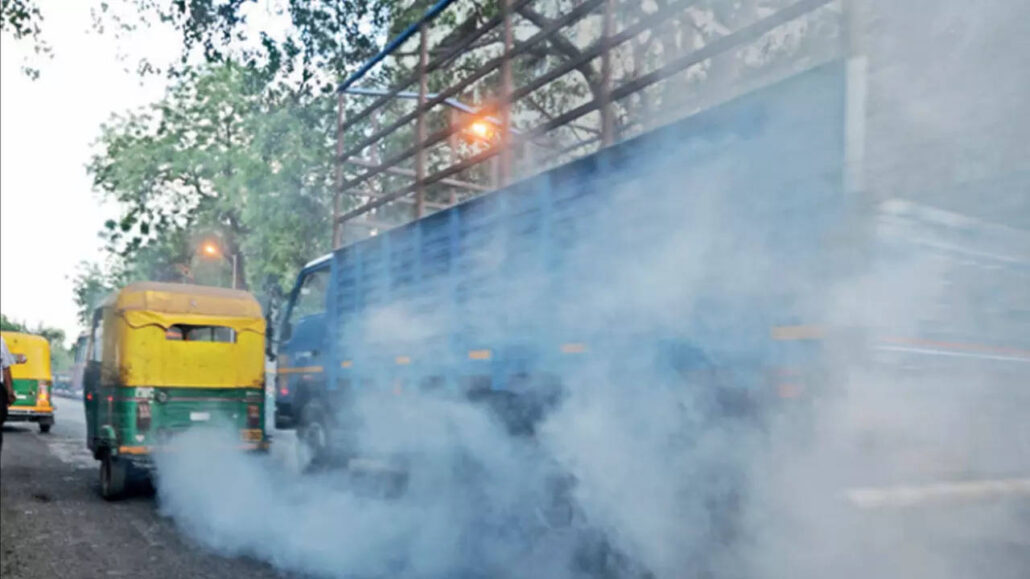
On world heart day, Doctors Association Kashmir (DAK) said air pollution increases the risk of heart attacks.
“Polluted air heightens your chances of having a heart attack,” said DAK President Dr Nisar ul Hassan in a statement issued to the news agency—Kashmir News Observer (KNO).
Dr Hassan said according to a study published in the Journal of the American Medical Association (JAMA) people exposed to fine particulate air pollutants have an increased risk of experiencing a heart attack.
Fine particulate air pollutants, also known as PM2.5, are fine particles that are 2.5 micrometers or smaller in diameter which are emitted from vehicles, factories and fires, he said.
He added the study found that PM2.5 exposure at a concentration between 12.0 and 13.9 micrograms per cubic meter was associated with a 10% increased risk of experiencing a heart attack and a 16% risk of dying from heart disease.
Additional analyses found that the increased risk of heart attacks persisted even at concentrations below the current air quality standards of 12 micrograms per cubic meter, he said.
“This suggests that we could see fewer heart attacks if the standards are reduced further,” he said.
The DAK President said air quality in Kashmir has been constantly deteriorating for the past few years due to increasing number of vehicles, constructions, brick kilns, cement and other factors which emit pollutants and significantly pollute the air.
“And this could be contributing to spike in the number of heart attack cases in the valley. Not only elderly people, but young and healthy individuals are brought to hospitals with massive heart attacks,” he said.
“While smoking, hypertension, diabetes and high cholesterol remain important risk factors for heart attack, in Kashmir many people with none of these risk factors come to hospitals with massive heart attacks and air pollution could be a factor,” said Dr Nisar.
“There is an urgent need to control air pollution to reduce the number of heart attack cases in the community and save precious human lives,” he said—(KNO)
